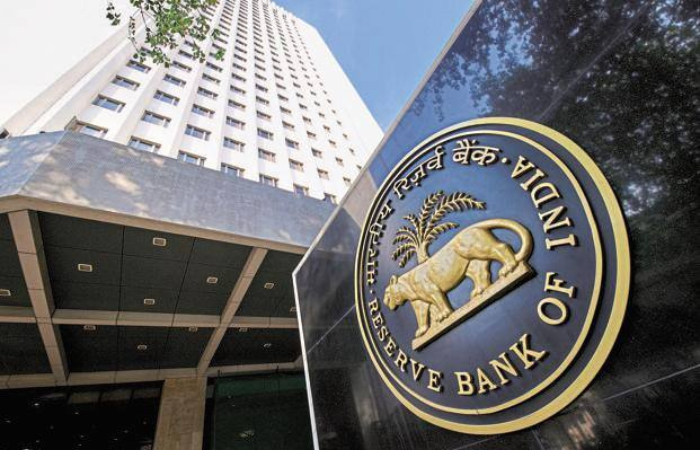Description

Disclaimer: Copyright infringement not intended.
Context
- The RBI has initiated two significant surveys: the 'Inflation Expectations Survey of Households' and the 'Consumer Confidence Survey'.
- These surveys serve as vital tools to gather essential data and insights that contribute to the formulation of the RBI's bi-monthly monetary policy.
Inflation Expectations Survey of Households
- This survey is designed to gauge the subjective perceptions and expectations of households regarding price movements and inflation.
- It covers a broad spectrum of 19 cities, including prominent metropolitan areas such as Guwahati, Hyderabad, Jaipur, Kolkata, Lucknow, and Thiruvananthapuram.
- Methodology involves both qualitative and quantitative assessments:
- Qualitative responses seek to understand households' perceptions of price changes, encompassing both general prices and specific product groups, over the next three months and one year.
- Quantitative responses aim to capture households' estimates of current inflation rates, as well as their expectations for inflation rates over the next three months and one year.
Consumer Confidence Survey
- The Consumer Confidence Survey is structured to gather qualitative insights into households' sentiments regarding various economic indicators.
- Similar to the Inflation Expectations Survey, it also spans 19 cities, including Ahmedabad, Bengaluru, Bhopal, Bhubaneswar, Chandigarh, Chennai, and Delhi.
Key areas of inquiry include:
- Assessment of the general economic situation.
- Perceptions about the current employment scenario.
- Views on the prevailing price level.
- Analysis of households' income and expenditure patterns.

Importance for Monetary Policy
- These surveys play a crucial role in providing policymakers with real-time data and a deeper understanding of prevailing economic conditions.
- The insights gleaned from these surveys enable the RBI to make informed decisions regarding monetary policy adjustments.
- By capturing public perceptions regarding inflation, economic conditions, and consumer sentiments, these surveys help shape policy measures that are responsive to the needs and expectations of the populace.
Upcoming Monetary Policy
- The next bi-monthly monetary policy review is scheduled to take place during June 5-7, 2024.
- The data collected from the aforementioned surveys will likely serve as valuable inputs for policymakers during the decision-making process.
- The findings of these surveys may influence the trajectory of monetary policy, guiding the RBI in its efforts to achieve its objectives of price stability, economic growth, and financial stability.
ALL ABOUT RBI’s MONETARY POLICY: https://iasgyan.in/daily-current-affairs/monetary-policy
|
PRACTICE QUESTION
Q. Which of the following is NOT a key area of inquiry covered in the Consumer Confidence Survey?
A) General economic situation assessment
B) Perceptions about current employment scenario
C) Analysis of stock market trends
D) Views on prevailing price levels
Answer C
|
SOURCE: THE HINDU











